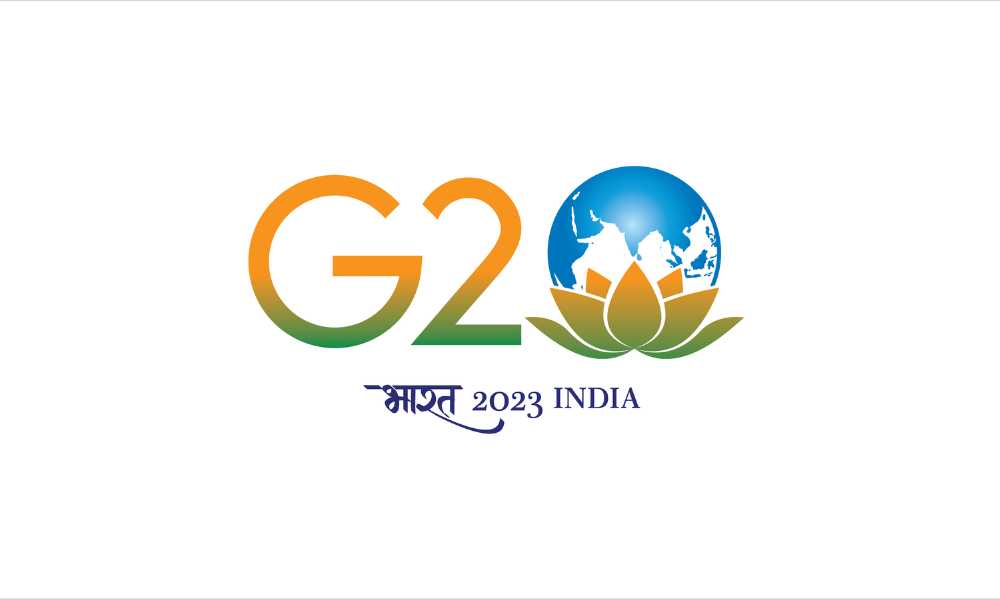
The Group of Twenty, or G20, is a forum of major economies that convenes regularly to discuss pressing global issues.
|
Are you a Tax Lawyer in USA? |
In this blog, we'll explore how often the leaders of G20 countries meet and what they typically discuss during these crucial gatherings.
G20 leaders typically meet once a year. These meetings are known as G20 summits and serve as a focal point for leaders to engage in high-level discussions, share perspectives, and coordinate on matters of global importance.
Additionally, various working groups and committees within the G20 may meet throughout the year to prepare for the summit.
Economic Growth and Stability: A primary focus of G20 meetings is promoting economic growth and stability. Leaders discuss policies to stimulate economic activity, create jobs, and ensure financial stability. This is especially crucial during times of economic uncertainty.
International Trade: Trade is a significant topic of discussion. G20 leaders aim to reduce trade barriers, resolve trade disputes, and uphold the principles of a rules-based international trading system. They work to ensure that trade benefits all nations.
Financial Regulations: Leaders address financial regulations to prevent financial crises and promote the soundness of financial markets. This includes discussions on banking regulations, supervision of financial institutions, and measures to prevent money laundering and terrorism financing.
Climate Change and Sustainability: G20 countries recognize the importance of climate change and sustainability. They discuss ways to reduce greenhouse gas emissions, promote renewable energy, and foster sustainable development. Climate action has become an increasingly significant focus in recent years.
Development and Poverty Alleviation: The G20 is committed to global development and poverty alleviation. Leaders discuss initiatives and aid efforts to improve living conditions, enhance healthcare and education, and reduce poverty in vulnerable regions.
Healthcare and Pandemic Response: The ongoing COVID-19 pandemic has underscored the importance of healthcare and pandemic response. G20 leaders discuss strategies for improving healthcare systems, enhancing global pandemic preparedness, and ensuring equitable access to vaccines.
Digitalization and Technology: The rapid advancement of digitalization and technology is a recurring theme. Leaders explore ways to harness the benefits of digital innovation while addressing issues like data privacy, cybersecurity, and the impact on traditional industries.
Geopolitical Challenges: Beyond economic matters, leaders address geopolitical challenges. This includes discussions on international conflicts, diplomatic tensions, and territorial disputes that can impact global stability and economic relations.
Global Governance and Reform: The G20 plays a role in shaping global governance by advocating for reforms in international institutions like the United Nations and the International Monetary Fund. They work to ensure that these institutions remain relevant and effective in addressing contemporary challenges.
G20 meetings are crucial for several reasons:
Coordination: They provide a platform for leaders to coordinate policies and actions on a global scale. This coordination is essential for addressing interconnected challenges and fostering global stability.
Prevention: G20 meetings help prevent financial crises by monitoring global economic trends and implementing measures to mitigate risks. They also serve as a mechanism for conflict prevention and resolution.
Innovation: Leaders exchange ideas and innovative solutions to global problems. This can lead to breakthroughs in areas like renewable energy, sustainable development, and healthcare.
International Cooperation: G20 meetings promote international cooperation and build trust among nations. They emphasize the importance of dialogue and diplomacy in resolving conflicts and addressing shared challenges.
G20 leaders meet annually to discuss a wide range of global issues, from economic growth and trade to climate change and geopolitical challenges.
These meetings are vital for fostering international cooperation, coordinating policies, and finding solutions to the complex and interconnected challenges facing the world today.
The G20 continues to play a pivotal role in shaping the global economic and political landscape.